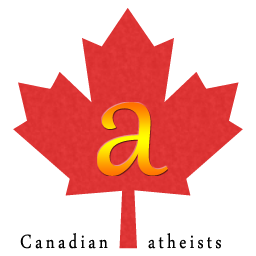
Profile :: What is atheism?
The word "atheism" represents an all-encompassing and tremendously diverse classification-demographic of individuals who minimally share one specific trait -- the absence of belief in any deities (goddesses and gods). All other traits are, in essence, incidental (every person is free to develop their own personal traits and epistemic standards).
While some atheists are more outspoken than others (including atheists who believe there are no deities), these are individual traits that are incidental to atheism, hence there are no specific expectations to conform to any particular standards, to exhibit any specific behaviours, or to practise certain traditions. And one of the most important reasons for this is that there exists no "atheist doctrine" (atheism is not in any way dogmatic).
Some atheists prefer to ascribe a more strict meaning to atheism, such as by holding it as an active position that "deities do not exist" (which some people regard as a higher epistemic standard); ultimately, this does not exclude anyone from the atheism demographic since "not believing in deities" is a logical entailment of holding this position.
More information
- American Atheists: What is atheism?
- Atheist Alliance International: What is atheism?
- Atheist Republic: Difference between atheism and agnosticism (by Armin Navabi)
- Definitions of "atheism" and "atheist"
- Lack of belief in gods (YouTube educational video by QualiaSoup)
- Oxford Handbook of Atheism, The (by Stephen Bullivant and Michael Ruse)
- Stanford Encyclopaedia of Philosophy: atheism and agnosticism (for Philosophy of Religion by Dr. Paul Draper, et al.)

